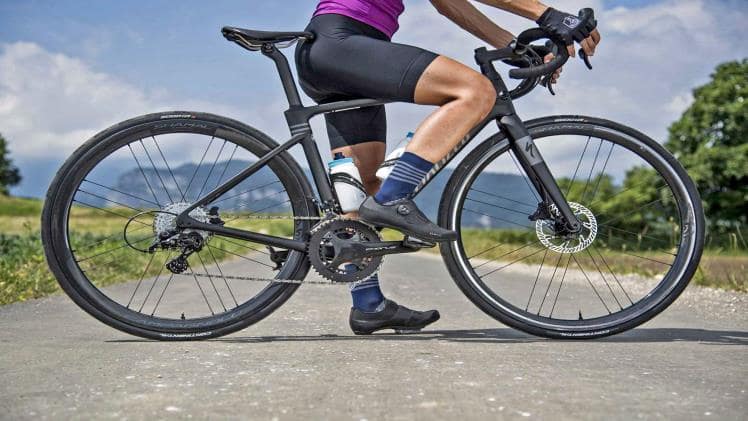If you’ve been mulling over the benefits of carbon rims, you’ve probably come to realize that these wheels are the ultimate in racing performance. But what exactly are these wheels? And how do you choose the best ones? We’ve discussed these and other questions in this article to help you make the best choice. So, get ready to feel the difference! Continue reading to learn more about carbon rims and how they can benefit your bike!
Movement
As a result of the carbon rims, the rider’s bike will be much more responsive. Increased stiffness also reduces pedal latency. This is particularly important when racing on a hilly course. Carbon rims improve responsiveness throughout the entire wheelset. For instance, the Speedline RCR pro Carbon rim weighs 290 grams, which is more than 70 grams less than the lightest alloy rim. This weight reduction allows the driver to pedal faster and more efficiently.
Handling
For optimum handling and maximum grip, mountain bike engineers have refined the lateral stiffness of carbon rims. Their expertise is evident in the performance they produce in the forest. This 21mm rim profile maintains stiffness without sacrificing grip. In contrast, alloy wheelsets can’t match this. As a result, mountain bike engineers have adapted this rim style to the demands of the modern road bike market.
Body Weight
When choosing the right carbon rims, it is imperative to take your body weight into consideration. If you weigh a lot, carbon wheels may be more beneficial for you than an amateur cyclist. In addition to making you faster, carbon wheels also improve your comfort. So, if you’re a cyclist, it’s worth investing in carbon rims. But keep in mind that you may not be racing Vuelta a Espana, but you’re an amateur. Ultimately, you’ll be happy with the results.
Carbon rims are much lighter than aluminum rims, so you’ll spend less energy to pedal. The lightweight, stiff carbon wheels also allow you to pedal with greater energy, resulting in a smoother ride. They also improve aerodynamics, making them ideal for cyclists who want to compete with the best in the world. If you’re considering upgrading your bike, carbon wheels should be the first step you take. If you’re not sure if carbon rims are right for you, here are some benefits of carbon rims.
Price
A low-cost carbon rim may not be the best option for your bike, but you can still get a high-quality carbon clincher with an alloy rim. These can match or even outperform the best carbon clincher in terms of brake performance. However, you’ll have to be very careful with cheap Chinese rims. Many of them don’t follow the strict standards of manufacturing. They may also fall short in quality.
Durability
The durability of carbon rims depends on how well they’re made. BTLOS rims are made with premium carbon fiber and a specially formulated epoxy. This ensures that they’ll be durable, requiring no additional coating or painting. However, there’s a catch: if you buy cheap Chinese rims, they may have voids, which are unsightly gaps in the material. These voids are usually not visible to the naked eye, and advanced inspection techniques are necessary to differentiate them from quality carbon rims.
While carbon rims are designed to be faster than alloy rims, they are not as durable as the corresponding alloy ones. Manufacturers have worked hard to improve braking performance, and there are a few things to watch out for in carbon rims. One important thing to watch out for is overheating. If your rim overheats, it can lead to delamination of the material. Another thing to watch out for is clinchers. If you buy the wrong rim, you might end up with a blown tire or a rim delamination.
One of the main concerns with carbon rims is the cost. Some carbon wheels cost up to $2500 in American dollars, and they’re difficult to find replacements. But if you’re looking for a cheap and durable wheel, consider building your own. A DIY rim is not hard to make, and you can reuse the spokes if needed. And even if you’re not comfortable building your own wheels, you can save money by reusing old aluminum wheels.
Another thing to consider is how well you handle crash damage. Carbon wheels don’t bend like their aluminium counterparts, so they are not prone to rusting. However, the same cannot be said for the alloy wheels, which are often subject to corrosion. If you have a crash on your carbon rims, you should check the manufacturer’s crash replacement policy. This is because alloy wheels have lower braking power.

